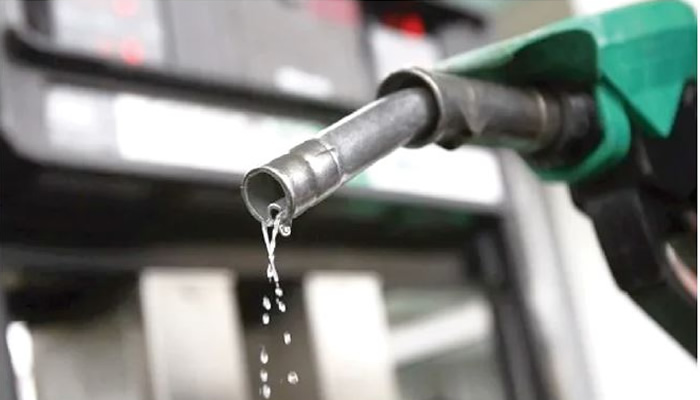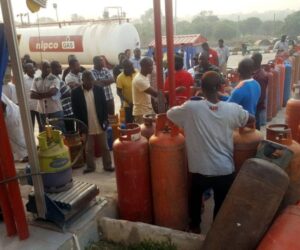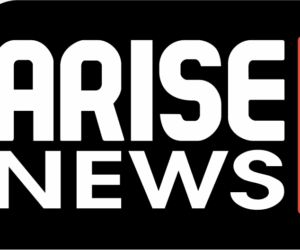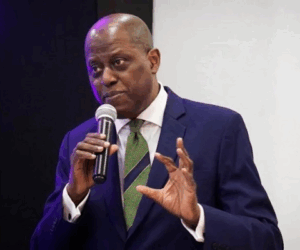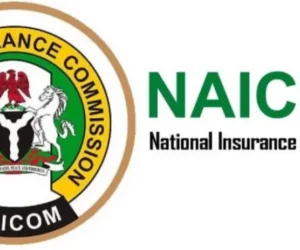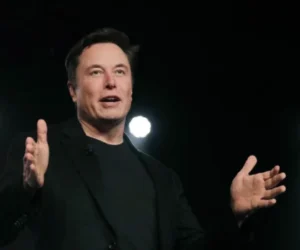The Presidential Fiscal Policy and Tax Reforms Committee has clarified that Nigeria’s proposed 5 percent fuel surcharge will not apply to several household energy products, allaying fears of an additional burden on citizens already grappling with rising living costs.
In a Frequently Asked Questions (FAQ) document released over the weekend via X (formerly Twitter), committee chairman Taiwo Oyedele explained that household kerosene, cooking gas (LPG), compressed natural gas (CNG), and clean or renewable energy products are exempt from the levy.
“No. Several energy products used by households are exempt. This includes household kerosene, cooking gas (LPG), and compressed natural gas (CNG). Clean and renewable energy products are also excluded to align with Nigeria’s energy transition agenda,” the committee said.
The clarification followed mounting public concerns that the surcharge could worsen Nigeria’s cost-of-living crisis, especially in low-income households.
The committee emphasized that the surcharge will not automatically take effect when the new tax laws commence in January 2026. Instead, it will only begin when the Minister of Finance issues an order published in the Official Gazette, in line with Chapter 7 of the Nigeria Tax Act, 2025.
“This safeguard ensures careful consideration of timing and economic conditions before implementation,” the statement read.
The committee explained that while savings from the removal of petrol subsidy can support road infrastructure, such funds are insufficient to cover Nigeria’s massive and recurring infrastructure deficit alongside other fiscal obligations.
“If implemented effectively, it will provide safer travel conditions, reduce travel time and cost, lower logistics costs and vehicle maintenance expenses, which will benefit the wider economy,” the committee argued.
The committee also noted that fuel surcharges are standard practice globally, with over 150 countries imposing levies between 20 percent and 80 per cent of fuel product prices to finance road infrastructure.
Responding to criticisms that the surcharge contradicts President Bola Tinubu’s promise of reducing taxes, the committee pointed out that several multiple charges had already been removed or suspended. These include VAT on fuel, excise tax on telecoms, and the cybersecurity levy.
In June, Tinubu signed into law four tax reform bills: Nigeria Tax Bill; Nigeria Tax Administration Bill; Nigeria Revenue Service (Establishment) Bill; Joint Revenue Board (Establishment) Bill
Prof. Uche Uwaleke, Nigeria’s first professor of capital markets, welcomed the exemptions but urged the government to “communicate timelines clearly and avoid policy shocks that may destabilize household budgets and the business environment.”
Energy policy analyst Dr. Omobola Adeniran described the move as “a balancing act,” noting that while road infrastructure needs stable funding, “exempting kerosene, LPG, and renewables aligns with Nigeria’s energy transition goals and cushions poor households.”
However, transport economist Chinedu Onuoha cautioned that “without transparent management, road funds from such levies risk being misapplied, and Nigerians may not see the promised benefits in reduced travel and logistics costs.”

